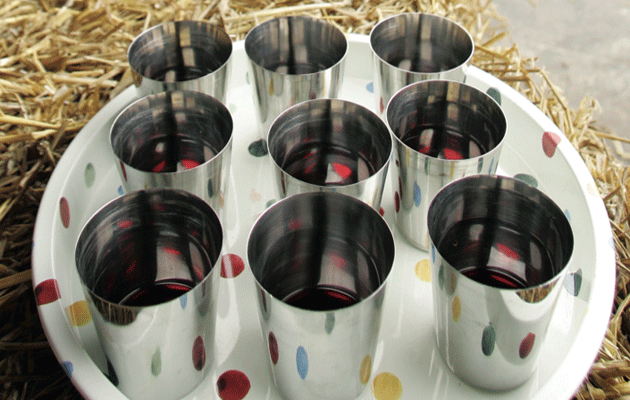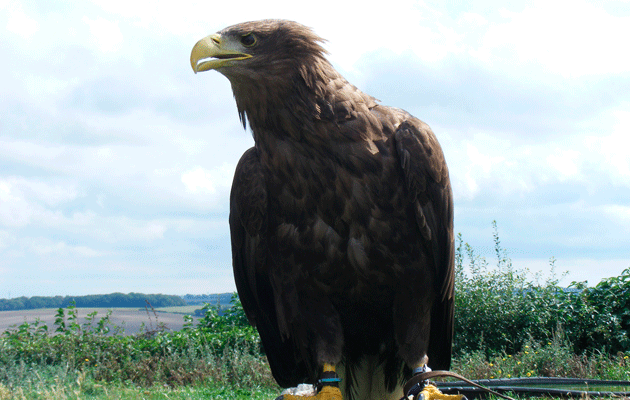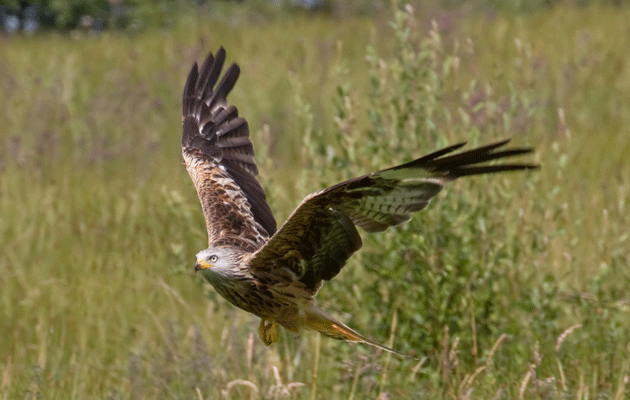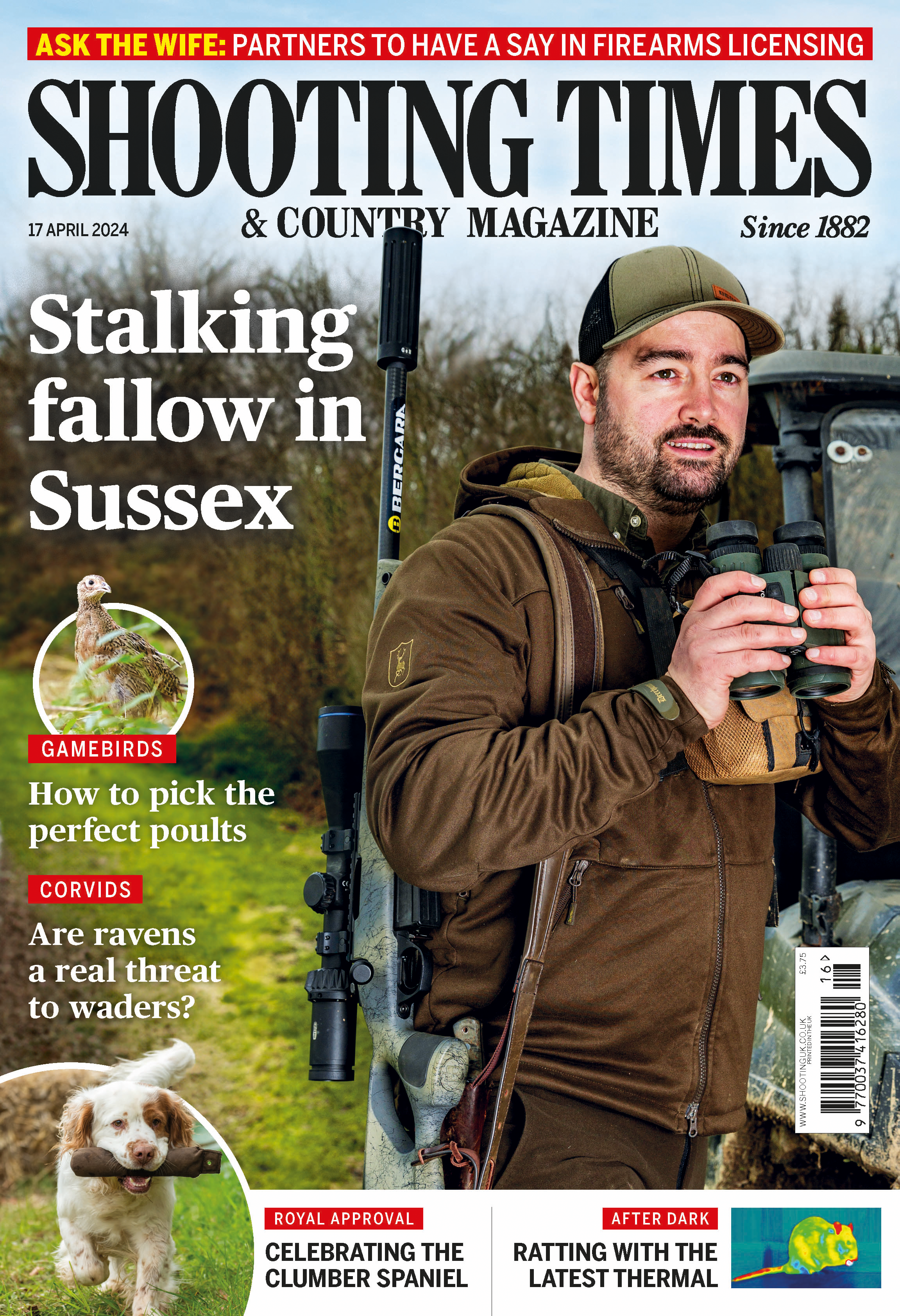If you’re on safari, take care
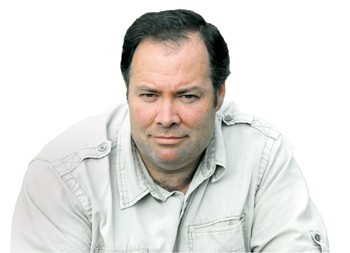
English is an ever-evolving language, and fieldsports, including shooting, have had a major impact on the words we use. Most notably, the expression “lock, stock and barrel” refers to the parts of a musket, of course, as does “flash in the pan”. It’s always interesting to be reminded of the origin of words and phrases. In most cases, new expressions must have started as home-made jargon, used by an individual, or family, before spreading though a locality or community.
Each year, the Oxford English Dictionary lists a number of words it recognises for the first time. Recent editions have included a lot of text-speak — much of it incomprehensible to middle-aged folk such as myself.
All new words, slang and acronyms must start somewhere. Within my own family, I have been responsible for at least one. It started in Africa. Last year my eldest son and I arrived at a hunting camp on the banks of a tributary of South Africa’s river Limpopo. As we sat drinking ice-cold beer on that first evening, the bushes on the riverbank opposite us began to shake, and some unseen beastie began to make the most appalling snorting and grunting noise. My son’s eyes opened wide. “What the hell is that?” he asked.
“Oh, that’s just a BST,” I replied, calmly. “And what on earth is a BST?” was the inevitable follow-on — to which I replied: “Oh, it stands for big snarly thing.”
In fact, I knew full well that the amazing noise was produced by that most elegant of antelope, the impala. It was rutting season, and a couple of impala rams were having a contest among the bushes. You would never imagine that such a delicate beast could make such an unseemly din. “BST” has now gone into the family lexicon. It has a variety of generalised uses. On at least one occasion, it has even been used to describe me (quite unfairly, of course).
A wootie call
An example of how words can move across language barriers is the case of the “wootie”. Some years ago, a few friends and I were out in Africa, wandering the Bushveld with intent, when my fellow hunter’s girlfriend spotted a warthog. “Oh, look at the woothog!” she exclaimed. Later, her trip of the tongue became formalised to “wootie”, and entered our everyday usage on that particular trip.
And there it might have ended. However, a season or two later, I happened to be in the same general area, and one of the trackers we were using happened to have been on that previous hunt. When we came across some warthogs, he pointed and said: “Wootie.” Later, I saw this tracker referring to “wooties” even in conversation with other members of the camp staff.
In truth, I rather doubt that the word has entered the local native language, which, of course, has its own names for all the local animals, handed down over many generations. More probably, the tracker thought “wootie” must be the English word for warthog, and he was simply being courteous to his visitors. But it is comforting to pretend that the slang in some corner of a foreign field is for ever England.
The cost of the cull
I see that that the Government has confirmed that some form of badger cull will take place this year. Mary Creagh, the shadow environment secretary, opposes the cull. She claims that policing the cull will cost £4million over the next four years. She may be right. But, given that the cull is going ahead, surely she should now press for a slice of the overall costs to be allocated to researching the likely effects on ground-nesting birds and hedgehogs? Indeed, she could relieve the pressure on the public purse by asking the RSPB to chip in.
Have your say: if you have a view on a current news topic, send it, in no more than 500 words, to [email protected].
What is YOUR opinion?
Join other ST readers in our forums to discuss your views.
Like this article? Mark this page on a social bookmarking website…
![]()
What are social bookmarking sites?

